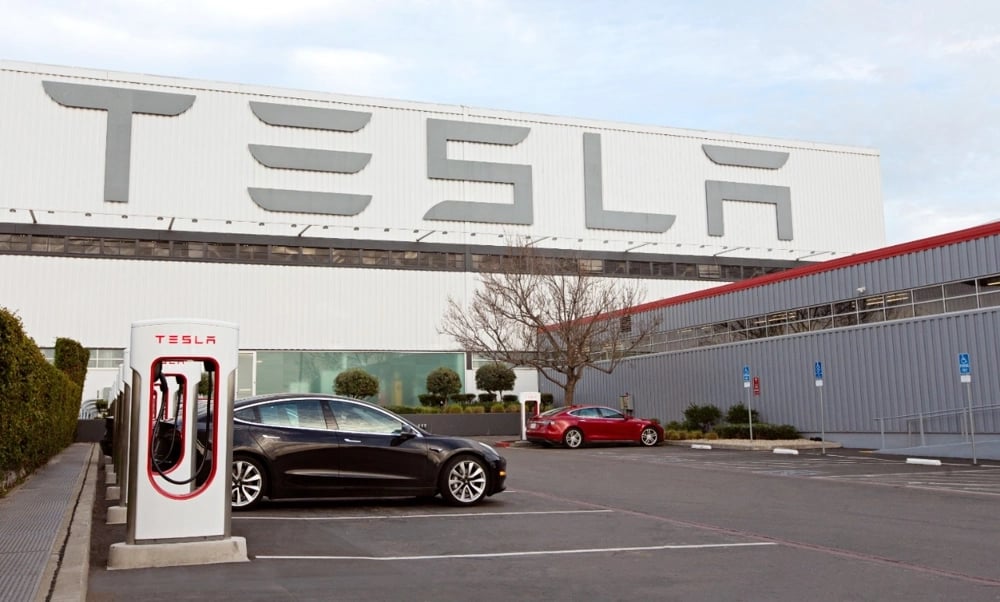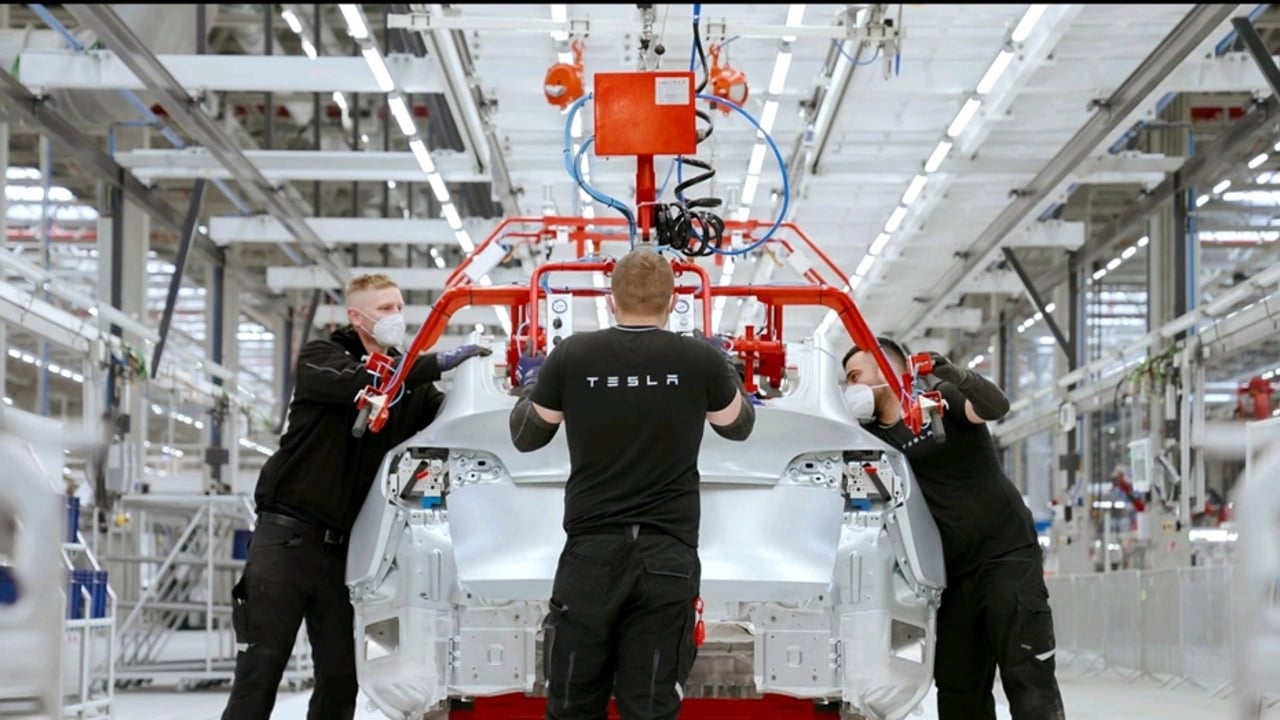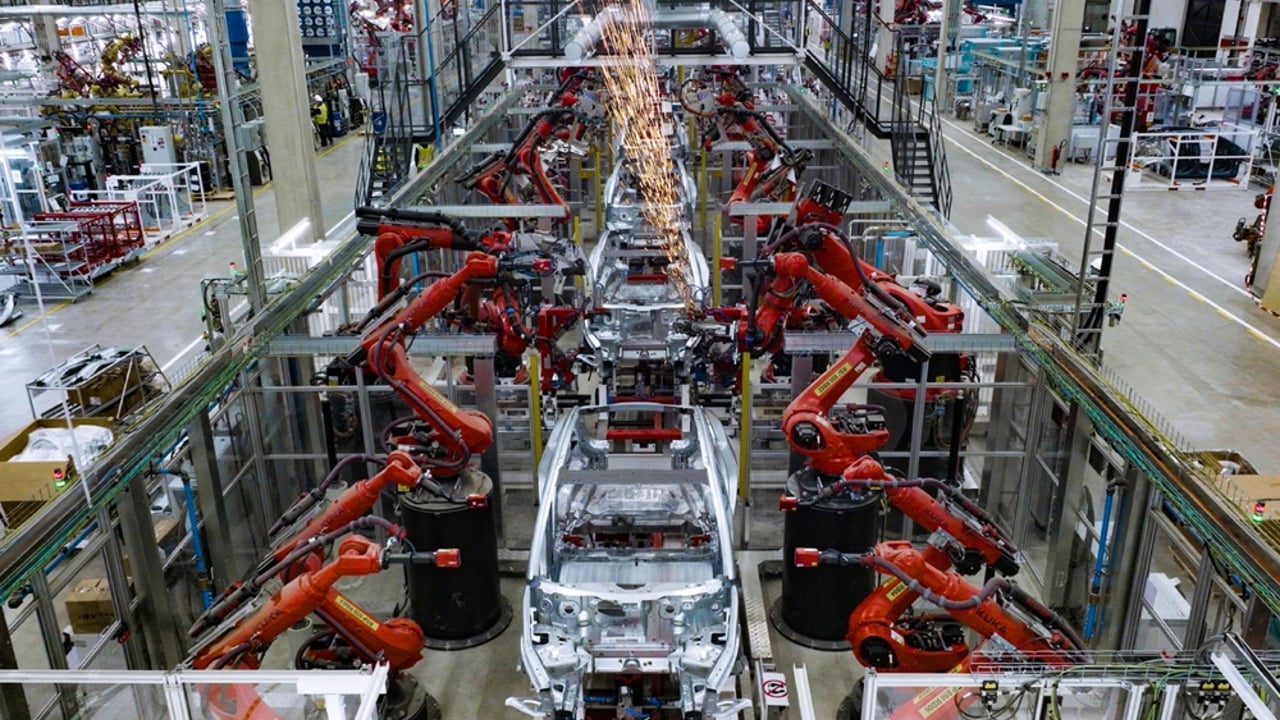Related Articles
TikTok’s U.S. Divestment Deadline May Be Extended as Trump Signals Shift After 2024 Election Gains
The ongoing saga surrounding TikTok’s U.S. assets, owned by China-based ByteDance, entered a new phase this week as former President Donald Trump indicated he would likely extend the June 19 divestment deadline. This marks a significant development in the protracted legal and geopolitical battle over the popular short-form video app’s future in the U.S.
Lockheed Martin Stock Ratings Diverge as Analysts Revise Price Targets Amid Market Volatility
Lockheed Martin Corp. $LMT, one of the largest defense contractors globally, is facing diverging analyst views amid shifting macroeconomic and geopolitical conditions. While some investment banks have downgraded the stock due to valuation concerns, others have upgraded their outlook in anticipation of improved defense spending and contract flows. The variance in analyst sentiment comes amid sector-wide scrutiny of defense equities as investors balance geopolitical risk premiums against fiscal sustainability and earnings growth.
SpaceX Expands Starlink Coverage with 26 New Satellites Launched into LEO
SpaceX continues its aggressive expansion of the Starlink satellite internet network with the successful launch of 26 Starlink V2 Mini satellites into low Earth orbit (LEO). The launch, conducted shortly after sunset on Monday evening, marked the 200th orbital mission from Space Launch Complex 4E (SLC-4E) at Vandenberg Space Force Base, further solidifying SpaceX’s dominance in commercial space transportation.








The implications of such a sale could extend far beyond automation, influencing the tech ecosystem at large.
This sharp drop in Tesla sales might signal deeper issues in the EV market that deserve closer scrutiny.